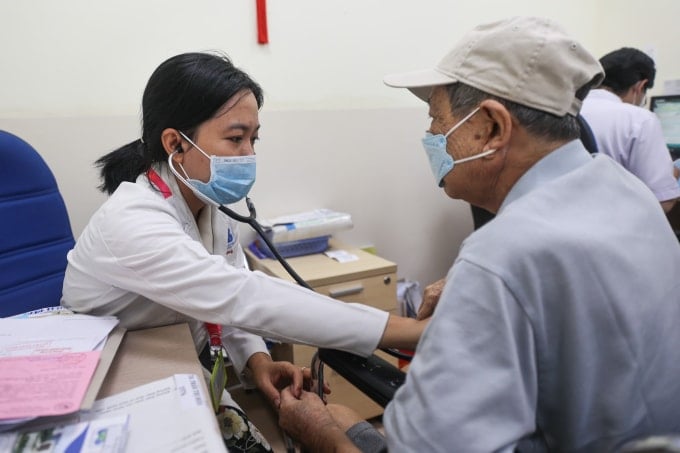
The petition was made by Dong Nai voters when reflecting on issues related to the health sector before the 9th Session of the 15th National Assembly.
Accordingly, the majority of people aged 70 and over currently suffer from many chronic diseases. Local hospitals do not have enough facilities and high-quality human resources to treat them, so patients often go to higher-level hospitals for examination and treatment. However, the Law on Health Insurance stipulates that self-examination at the wrong level will be paid at a lower level, leading to increased costs for patients.
For example, if an outpatient visit at a higher-level hospital costs VND500,000, and health insurance only covers 50% of the cost of going beyond the level, people will have to pay VND250,000 out of pocket. If specialized tests are required, this figure can reach millions of VND. In addition, drugs not covered by health insurance, special medical supplies, or on-demand services will also add up, creating a significant financial burden for patients.
Experts say that the elderly often have low or no income, and depend on their children or grandchildren or have a small pension. Having to pay hundreds of thousands to millions of dong for each medical examination is a significant amount, especially when they have many chronic diseases and need regular check-ups. Financial pressure can make them worried, stressed, and even feel guilty when they feel like a burden to their family.
On the other hand, due to cost concerns, many seniors may delay seeking medical care or refuse necessary tests and treatments. This can make the condition worse, more difficult to treat, and even life-threatening.
In addition, to enjoy health insurance in the right place, the elderly must return to the original medical facility to apply for a referral. This not only takes time and effort to travel, but also causes difficulties for those with poor health and difficulty traveling, reducing the ability to access high-quality medical services.
In response to this proposal, Minister of Health Dao Hong Lan explained that the regulation on medical examination and treatment at different levels (now medical examination and treatment levels) aims to ensure treatment appropriate to the patient's condition and technical expertise, regardless of age. The purpose is to reduce the burden on higher levels, only transferring to higher levels when the disease is severe.
The Minister said that voters' recommendations regarding people over 70 years old and suffering from chronic diseases have been considered and regulated in Circular No. 01/2025 on guidelines for implementing health insurance. Accordingly, the circular has stipulated that some serious and chronic diseases can be directly promoted to a higher level of technical expertise without the need for hospital transfer procedures.
Also referring to the issue of the elderly, voters in the provinces and cities also proposed to consider the regulation of lowering the age of beneficiaries of the elderly allowance from 75 to 70 years old, because people aged 70 have declining health. However, according to the Minister, the Law on Social Insurance takes effect from July 1, 2025, the elderly from 70 to under 75 years old belonging to poor or near-poor households have been included in the list of beneficiaries of social pension benefits.
This is an important step forward, gradually responding to voters' recommendations on expanding support policies for the elderly aged 70 and over, according to the Minister. However, the proposal to reduce the age of receiving social pension benefits from 75 to 70 for all elderly people, not just limited to those in poor or near-poor households, "still needs to be carefully considered".
"This needs to be considered in the overall policies of social security and protection of the elderly, and there must be research to assess the socio -economic impact to ensure the feasibility and sustainability of the social assistance system in the coming time," said Ms. Lan.
Vietnam is facing a rapid population aging rate, among the top 10 countries in the world. It is estimated that by 2025, our country will have 16.1 million elderly people, accounting for more than 16% of the population. It is forecasted that by 2036, Vietnam will officially enter the period of aging population.
On average, each elderly person has 3-4 chronic diseases, increasing the need for long-term health services, home care and social support policies. This situation not only reduces the quality of life and income of the elderly but also puts great pressure on the family and the health system. Therefore, improving the quality of health care for the elderly needs to include factors of prevention, rehabilitation, mental care and social support, not just treatment.
Source: https://baohaiphongplus.vn/de-xuat-thong-tuyen-bao-hiem-y-te-cho-nguoi-70-tuoi-416558.html


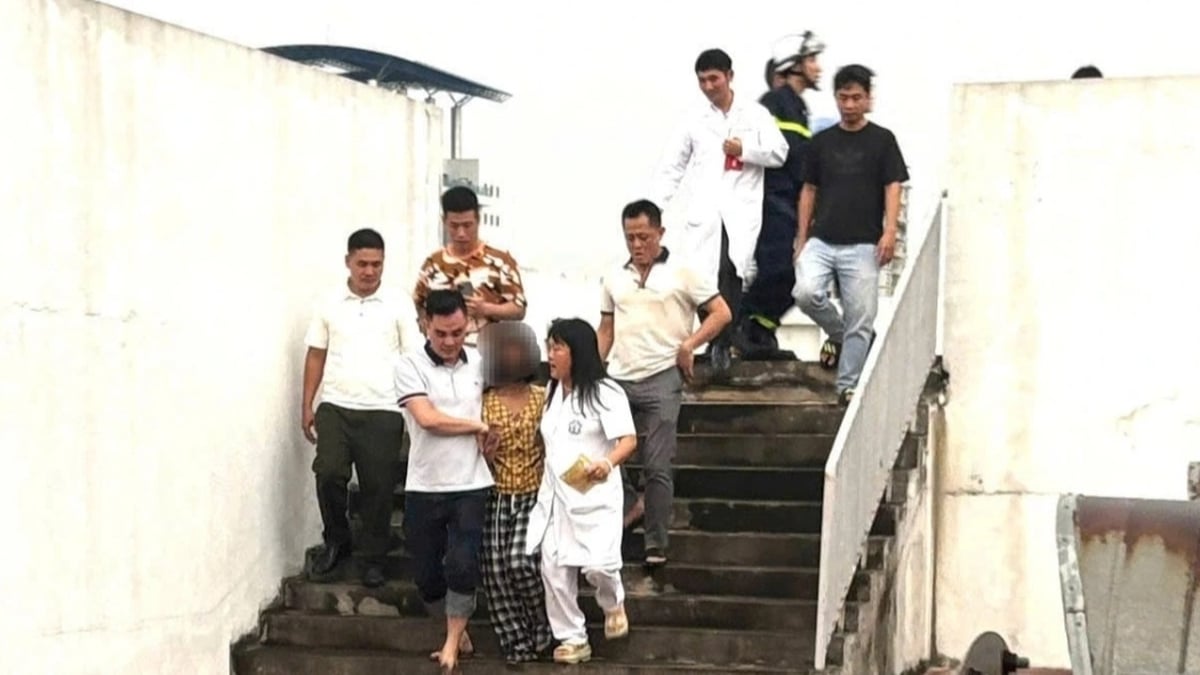

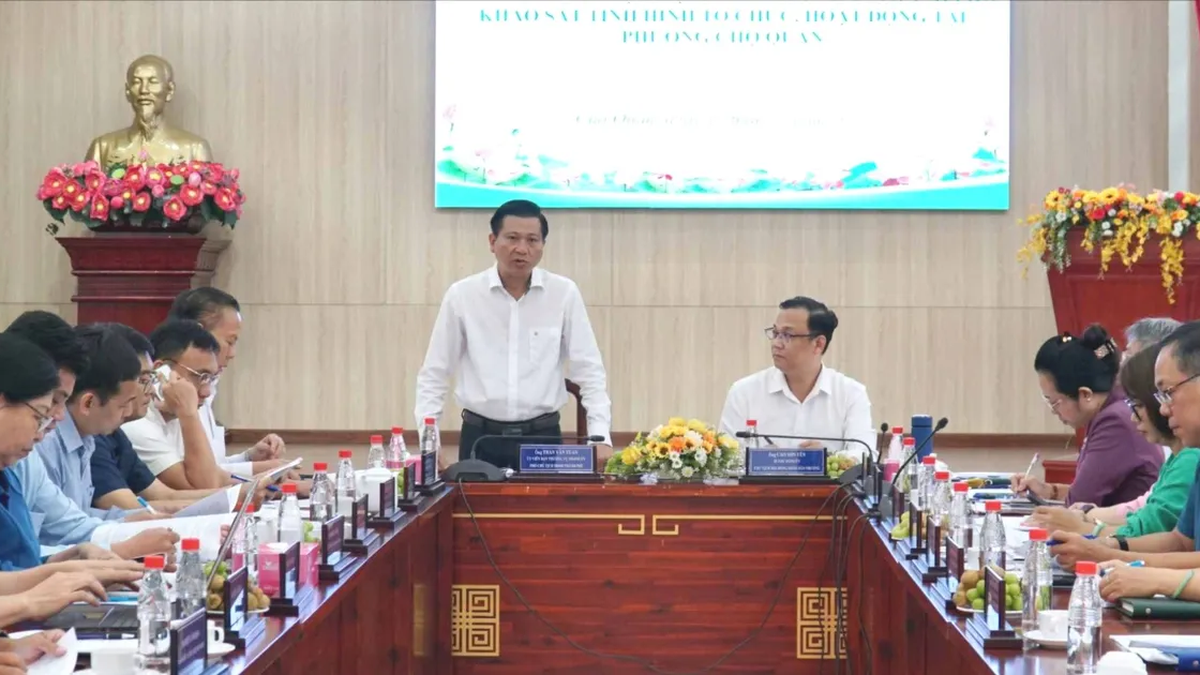



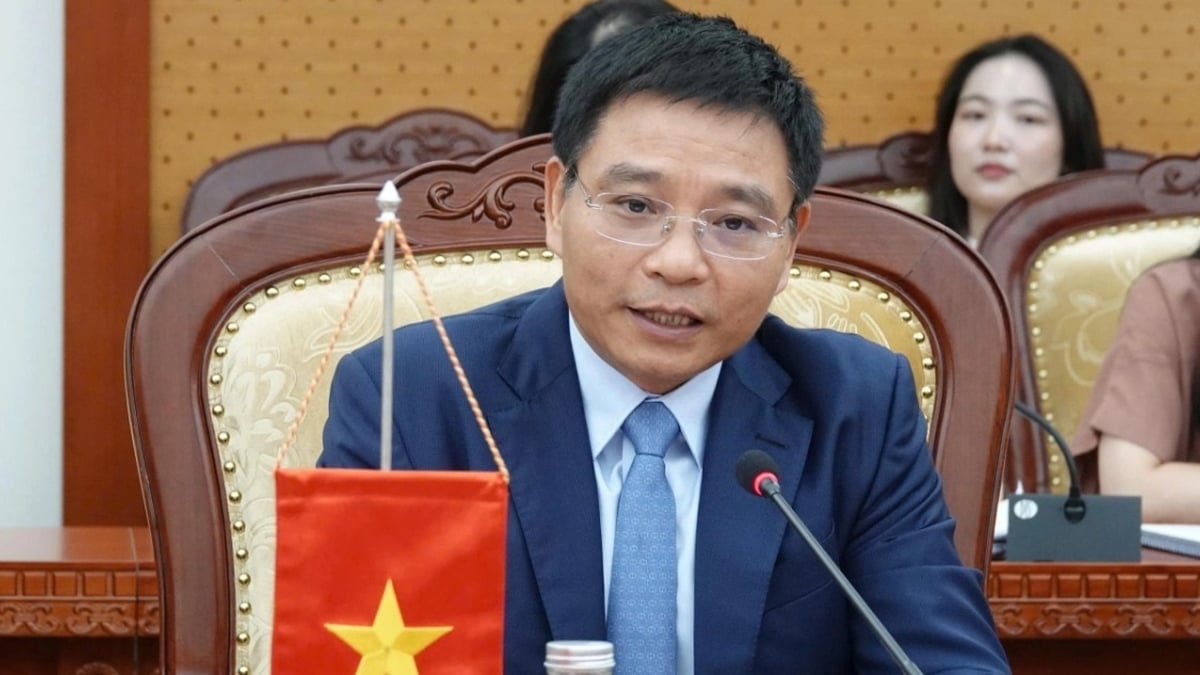

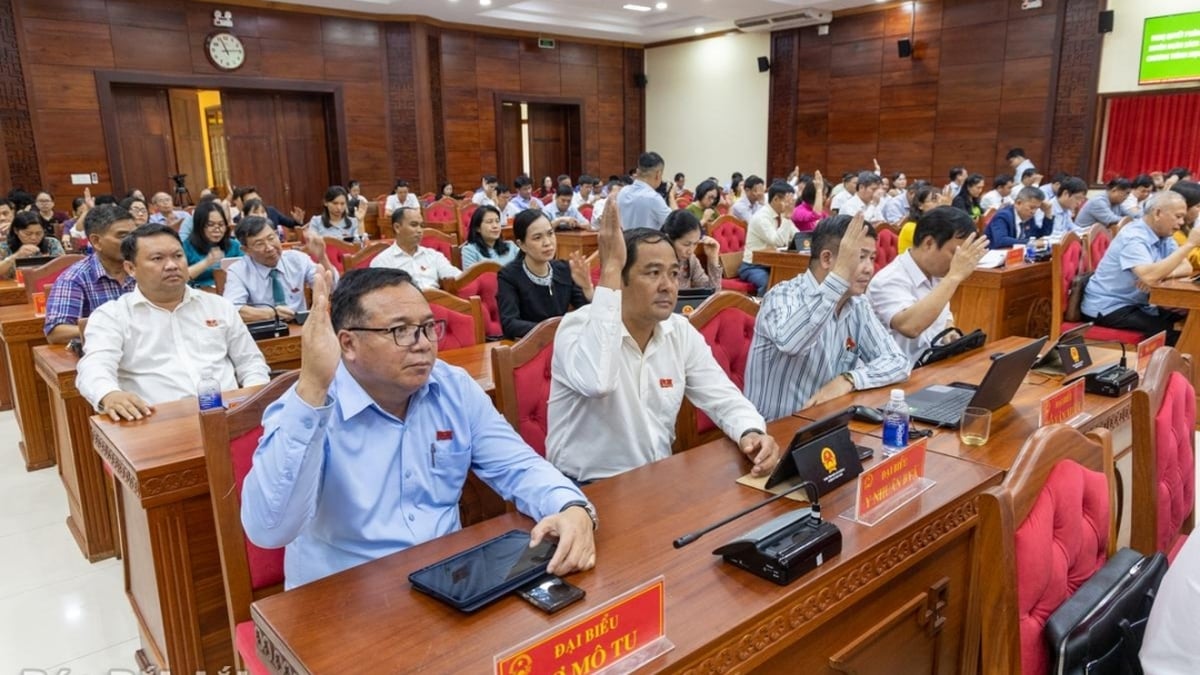
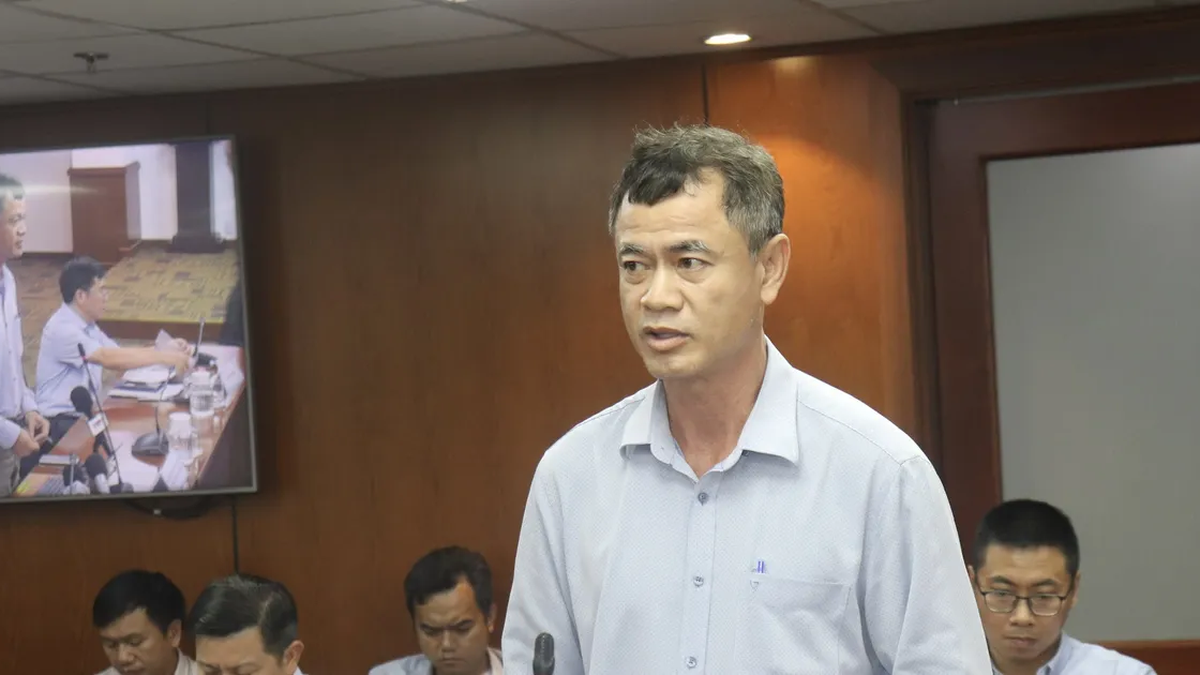























































































Comment (0)